Freedom of business is not synonymous with confusing or exploiting the consumer: TRAI
At the TRAI press conference held on 13th January, TRAI Chairman RS Sharma and TRAI Secretary SK Gupta addressed the media on the need for amendments to resolve the aberrations that arose after the implementation of the new tariff order (NTO).
From the outset, TRAI was clear that in the case of 22 per cent of consumers who have been able to exercise their options the prices reduced, in some cases drastically. However, the way some broadcasters have formed their bouquets and enhanced pricing of a-la-carte channels has led to consumers paying a higher price.
Addressing the allegations of micro-managing the broadcast ecosystem, the regulator replied that “The consumer is at the center of this entire exercise. We realized that the consumers were not getting their due in some cases.”
The regulator went on to explain the rationale behind each of the changes made under the amendment order released on January 1, 2020.
Why reduced tariffs should not be expected post NTO?
RS Sharma: There was no expectation of reduction in prices even in the first NTO. We only created a framework where consumer had the right to choose and pay for what he wanted to watch. Some bills might go up if the consumer chooses to opt for 500 channels. Some bills will go down if the consumer selects the channels they want to watch. The empowerment of the consumer is our focus.
Frequency of regulation
RS Sharma: We started this exercise in 2016, we notified the public about the regulations in 2017 and implementation began in 2018 with the effective modifications being done in 2020. These modifications have been done to address specific concerns that have surfaced and where we found that tweaking was required. This exercise has to be viewed from the ground realities rather than the comments of a few people.
Post NTO scenario
SK Gupta: As of now, there are 909 permitted channels operating in the country. Out of these, 328 channels are free to air (FTA) and 330 channels are pay. There are 38 broadcasters offering 330 pay channels whereas there are about 300 FTA channels.
Our duty is to ensure that every broadcaster should get an equal opportunity to compete in the market. Post implementation of the NTO, we noticed certain irregularities. The top five broadcasters have changed their FTA channels into pay channels and made it part of their bouquet so that it can be pushed along with their driver channels. This has led to anuneven playing field for the niche or regional broadcasters.
They face a serious problem because of two reasons. There is a limited capacity extended to consumers as part of the NCF of Rs 130 which offers them 100 channels excluding the 25 mandatory Prasar Bharati channels. When the bouquet is pushed by broadcasters that capacity is reduced, therefore, if someone wants to add a regional channel to their subscription they would have to pay more. Due to this, many of the regional or niche broadcasters had to convert their pay channels to FTA to merely exist in the market. According to our data, 12 channels which were converted to FTA by such broadcasters.
Broadcasters were given the freedom to price their channels, resulting in some broadcasters hiking the rates of their a-la-carte channels by as much as 200%. Our data indicates that the prices of 19 channels were hiked by 100%.
Grouping like channels in a bouquet
SK Gupta: We are not concerned with discount that the broadcasters want to give to the consumer. Let us assume that in an average bouquet the broadcasters are giving a discount of 50%. We are just saying if you are giving a discount of 50% then why not give a discount on a-la-carte price as well.
If there is a channel priced at Rs 19 on a-la-carte in the bouquet where you are giving 50% discount then the price comes down to Rs 9.5. We are saying that you should place channels priced at a similar or same price in the bouquet so that the consumer is not facing too much hardship if he wants to choose between a-la-carte channel and a bouquet.
RS Sharma: If you create a situation where everything is either priced at Rs 19 or 50 paisa and increase channel price by 100 or 200% then that’s not really fair to the consumer. That’s the reason for putting an upper cap of Rs 12 for the bouquet.
The three years that we have fought this battle people have said that the industry will die or go haywire. I invite you to check the balance sheets of some of these businesses and how their profits have grown in a more than healthy manner. Where has that revenue come from?
Freedom of trade or business is not synonymous with confusing or exploiting the consumers. Ultimately, we have to intervene if we feel that the consumer is not getting justice. The whole purpose of digitization was to bring transparency in this country. Everybody has benefitted except the consumers. We have to address some of the aberrations that have surfaced in consumer complaints.
Promotional offers not being passed on to consumers
SK Gupta: Broadcasters have pointed out, that promotional offers on a-la-carte channels were not being passed to consumers by certain DPOs. We immediately issued a direction to all the DPOs and requested broadcasters to inform us about the DPOs who are not passing on the discount to consumers. While broadcasters have spoken to the media they have yet to come to us.
On our side, we have proactively issued a tariff notice which is also available on the TRAI website concerning all DPOs that such discounts should be invariably be passed over to the consumers and we will take action against anyone who is found to violate this order.
On IBF going to court
RS Sharma: TRAI’s basic DNA is consultative. We never issue a regulation unless there is a full-fledged consultation process. First we issue a paper, then we ask for comments, those comments are published, and counter comments are published. This is a formal process that has not ended even today. The best strategy is to discuss these issues on the table because we are always ready to talk to the industry stakeholders. We are against the distortion of the right of the consumer to exercise his choice.
While I am not aware whether they (IBF) plan to go to court or not but we have always maintained the position that everyone in this country has the freedom to approach the legal forum. It is a free country under rule of law and they have the right to consider exercising that option or sit at the table with us and discuss.
Also Read:
TRAI defends NTO 2.0, insists it provides freedom to stakeholders
With TRAI’s intervention, the whole NTO exercise has to be reset to zero: Uday Shankar


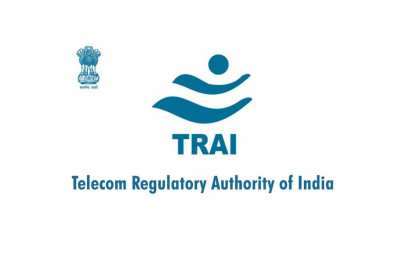

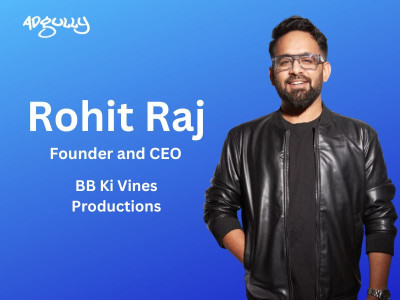
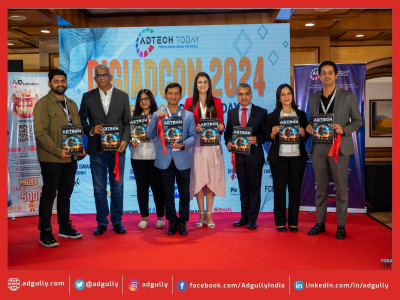
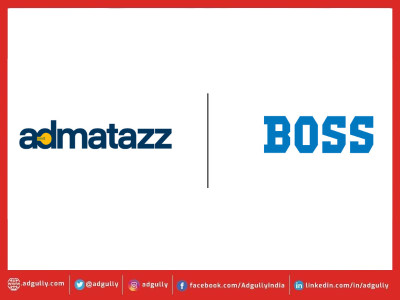
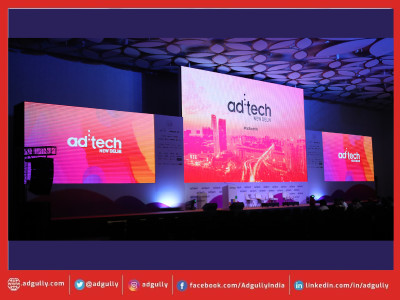


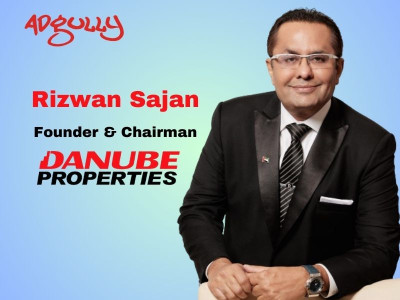
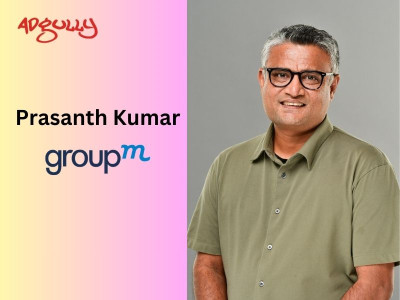

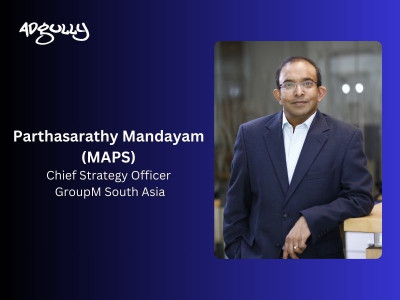

Share
Facebook
YouTube
Tweet
Twitter
LinkedIn